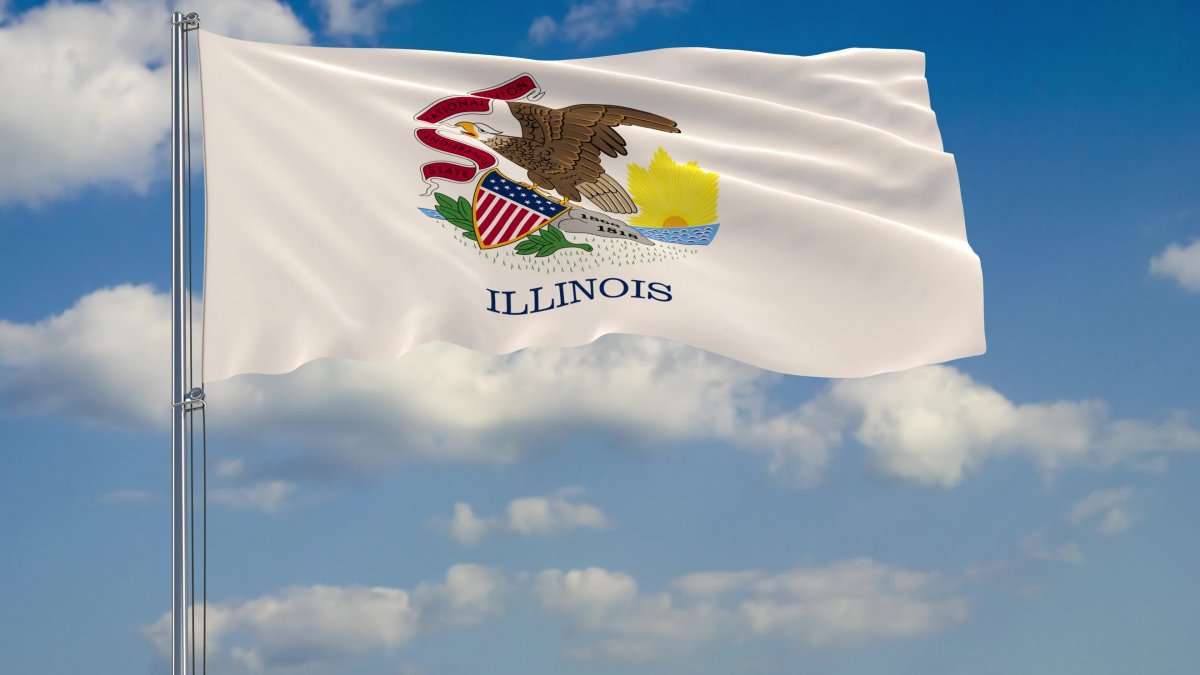Signs are multiplying that Americans are struggling to keep up with their bills — and Wall Street is getting worried.
A recent survey by the Federal Reserve Bank of New York found that around 9.1% of credit card balances turned delinquent over the past year — the highest rate in more than a decade.
The same study found that 8% of balances on auto loans were overdue — the highest rate since 2010.
Banking executives told the Wall Street Journal over the weekend that the increasingly heavy burden of soaring grocery costs and high interest rates on credit cards are causing greater delinquencies.
Citigroup chief financial officer Mark Mason told bankers at Barclays banking conference last week that clients’ balances have accumulated at a higher rate than usual even as delinquencies have picked up. Growth in spending is driven mainly by Citi’s affluent customers, he said.
Russ Hutchinson, the CFO of auto lender Ally Financial, told the Journal that his company has seen an uptick in late payments and charge-offs — when a lender deems a loan as unlikely to be collected and writes off the debt as a loss — on auto loans.
“What that tells you is if people do get behind on their payments in this environment, it’s tougher to get out of them,” Moshe Orenbuch, an analyst at TD Cowen, told the Journal.
“In general, this has been a bigger issue for people in the bottom half of the income spectrum.”
The jitters on Wall Street are rising as the US economy remains a top issue in the 2024 presidential election for voters, who after three years of rampant inflation under the Biden administration are faced with a shaky job market.
Ally said it has seen delinquencies rise around 0.2% above expectation while net charge-offs were 0.1% above projections.
Ally’s Hutchinson noted that Ally clients “have been struggling with the cost of living and now are struggling with an employment picture that’s worse.”
In the last month, Citigroup’s stock price has been down by nearly 5% while Ally Financial has seen its shares plummet by more than 20% during that same period.
Shares of Discover Financial Services, which also has signaled a slowdown in consumer spending, are down 1% in the last month.
Lawrence Sprung, founder of Long Island-based Mitlin Financial, said the delinquencies are a residual effect of the COVID pandemic, when “people weren’t spending but they felt like they were flush with more cash because of the [government] assistance that was provided.”
“When things opened up, they started spending without noticing how much debt they were accumulating and the interest rates they were paying on that debt,” Sprung told The Post.
The average interest rate on a 60-month loan for a new car was 8.2% as of May — which is up from 5.3% in 2019, according to Fed data.
Car payments are among the last bills that people stop paying due to the critical importance of having a vehicle that is needed to get around.
“As Taylor Swift says in her song, ‘It’s Me. I’m The Problem,’” Ted Jenkin, co-founder and CEO of Atlanta-based financial planning firm oXYGen Financial, told The Post.
“Right now Americans are having a hard time with delaying gratification and they keep spending even when they can’t afford it.”
The Fed is due to meet later this week. Policymakers are likely to announce an interest rate cut — a long-anticipated move as inflation has come down in recent months from its 2022 high of more than 9%.
The central bank has come under criticism for not cutting rates sooner — particularly in light of recent data showing a significant weakening in the job market.
In economic data, reports on retail sales, weekly jobless claims, housing starts and industrial production are due through the week.















